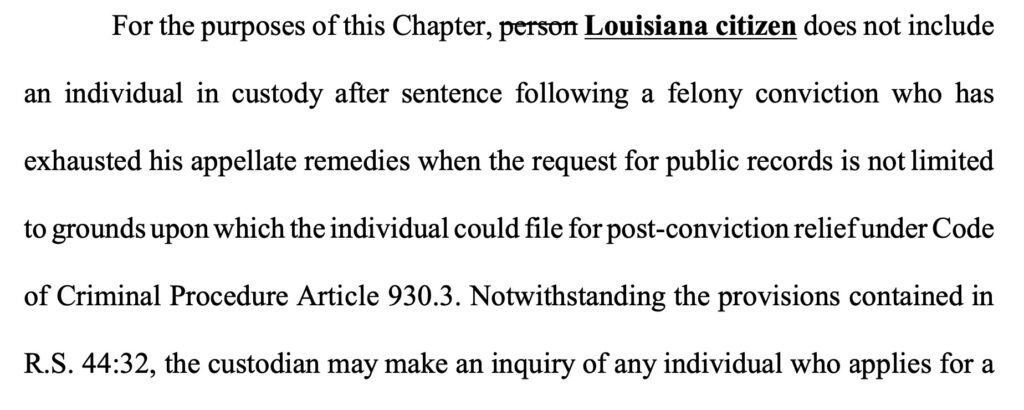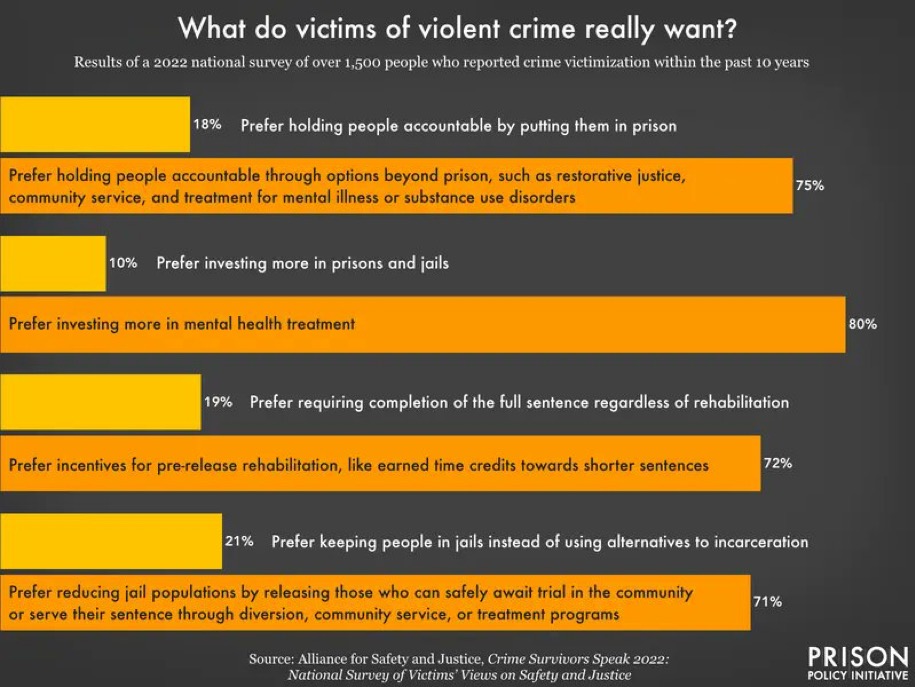
With the election of Donald Trump to the presidency, there is significant concern over the death penalty and whether he will immediately push for speedy implementation of it, as in a “full speed ahead, damn the torpedoes!” approach.
Which is why I wanted to give you this in-depth analysis of exactly where the US stands on the death penalty, how many we currently have facing death, where they’re located, and a racial background of who they are.
Current State of the Death Penalty
- Application by State:
- As of 2024, there are 2,244 individuals on death row, with California (641), Florida (294), and Texas (181) having the highest numbers. Some states, like Alaska and Colorado, have no death row inmates
- Twenty-three states and Washington, D.C., have abolished the death penalty, while three states have governor-imposed moratoriums
- Federal Death Penalty:
- Under the Biden administration, there was a pause in federal executions starting in 2021, citing concerns about racial disparities and wrongful convictions. However, there are calls for a more aggressive use of the death penalty at the federal level under a potentially more conservative administration
Racial Disparities
- Race of Inmates:
- Nationally, 41% of death row inmates are Black, 42% are White, and 14% are Latinx. This indicates an over-representation of Black individuals compared to their share of the general population
As of the most recent data from the U.S. Census Bureau, Black or African American individuals comprise approximately 13.6% of the total U.S. population. This figure includes people who identify as solely Black or African American and those who identify as Black in combination with another race.
Key Context:
- Total U.S. Population: Roughly 334 million (2023 estimates).
- Multi-Racial Representation: About 2.4% of the population identifies as Black in combination with another race.
This data emphasizes a significant disparity when considering that Black individuals are overrepresented in certain statistics, such as death row populations, relative to their share of the overall population.
- Among those executed since 1976, 56% were White, 34% Black, and 8% Latinx
- Victim Race Impact:
- Death penalty sentences are more likely when the victim is White, with studies showing racial bias in prosecutorial decisions and jury sentencing.
Execution Statistics
The Furman v. Georgia (1972) decision was a landmark ruling by the U.S. Supreme Court that had profound implications for the death penalty in the United States. Here’s an overview:
Key Details:
- Case Background:
- The case combined appeals from three death penalty cases: Furman v. Georgia, Jackson v. Georgia, and Branch v. Texas. In Furman’s case, he was convicted of murder during a burglary and sentenced to death. The Court considered whether the imposition of the death penalty constituted “cruel and unusual punishment” under the Eighth and Fourteenth Amendments.
- Supreme Court Decision:
- The Court ruled 5-4 that the death penalty, as applied at the time, was unconstitutional because it was arbitrary and discriminatory.
- The ruling effectively invalidated existing death penalty laws, suspending executions nationwide.
- The Justices were deeply divided, issuing separate opinions rather than a single majority opinion.
- Some Justices argued that the death penalty was inherently cruel and unusual, while others focused on its arbitrary application, particularly along racial and socioeconomic lines.
- Impact:
- Following the decision, all death sentences were commuted to life imprisonment.
- The ruling did not outlaw the death penalty itself but required states to reform their laws to ensure fairness and consistency.
- The decision prompted states to revise their death penalty statutes, leading to the Gregg v. Georgia (1976) decision, which reinstated the death penalty under revised guidelines. Racial and Socioeconomic Implications: Furman highlighted concerns about racial bias, as data showed the death penalty was disproportionately applied to Black defendants and those who killed White victims.
Furman remains a cornerstone of the debate over the fairness and morality of capital punishment. It marked a turning point in how the courts address issues of arbitrariness and discrimination in the justice system.
- Since the reinstatement of the death penalty in 1976, over 1,600 executions have occurred. Texas leads with 583 executions, followed by Virginia and Oklahoma
- In 2023, 18 executions were carried out nationwide, marking a slight increase from the previous year
Challenges and Trends
- Wrongful Convictions:
- Since 1973, over 190 death row inmates have been exonerated, highlighting systemic issues such as inadequate legal defense and prosecutorial misconduct
- Public Opinion:
- Support for the death penalty has decreased over the decades, with many Americans favoring life without parole as an alternative. However, support remains relatively high among certain demographics.
Demographics with the Highest Support:
- Political Affiliation:
- Republicans and Conservatives: Support for the death penalty is highest among Republicans and politically conservative individuals. In a 2023 Pew survey, 77% of Republicans expressed support, compared to 50% of independents and 34% of Democrats.
- Race and Ethnicity:
- White Americans: Historically, White Americans show the strongest support for the death penalty compared to Black and Hispanic populations. About 63% of White respondents supported capital punishment in recent surveys, compared to 45% of Hispanic and 35% of Black respondents.
- Gender:
- Men: Men are more likely to support the death penalty than women. In recent polls, around 61% of men supported capital punishment, compared to about 50% of women.
- Age:
- Older Adults: Adults aged 50 and older tend to favor the death penalty more than younger age groups, partly due to differing attitudes about justice and crime.
- Religious Affiliation:
- White Evangelical Protestants: Among religious groups, White evangelical Protestants consistently show the highest support for the death penalty, with around 70% favoring it in surveys.
- Nonreligious Individuals: Support tends to be lower among atheists, agnostics, and those unaffiliated with religion.
Factors Driving Support:
- Concerns about public safety and crime deterrence.
- A belief in retributive justice, particularly for heinous crimes.
- Higher trust in the justice system among these groups compared to others.
Trends Over Time:
While support among these groups remains relatively high, there has been a gradual decline across most demographics due to increasing awareness of wrongful convictions, racial bias, and the high costs associated with death penalty cases.
Outlook with a New Administration
The direction of federal capital punishment policies could shift depending on the administration. If leadership emphasizes “law and order,” federal executions may resume or increase. With the rhetoric of the winning candidate in the most recent election, it is expected that the application of the penalty will quickly increase. Conversely, reforms or moratoriums could continue under leaders prioritizing human rights and equity, but this is not to be anticipated.
This overview underscores the complexity of the death penalty debate, involving legal, racial, ethical, and political dimensions.
Of course, this conversation was brought about by fears of Trump’s ascendancy and return to the White House. He has no control over the states’ death row population, but his stance on capital punishment will certainly serve to embolden Governors and state legislators to toughen their own stance on capital punishment.
It is up to US to stop the pending slaughter of people on the federal death row, and President Biden can DO it. It is also up to US to stop executions EVERYWHERE, and executions are inherently wrong. Don’t allow fake Christianity to take a life.
RESOURCES:
DEATH PENALTY INFORMATION CENTERBALDWIN PERRY DEFENSE TEAM
ACTION ITEMS
DEATH PENALTY ACTION (News on Pending Executions)
ORGANIZATIONAL EFFORTS TO ABOLISH THE DEATH PENALTY
REQUEST PRESIDENT BIDEN TO COMMUTE ALL FEDERAL/MILITARY DEATH SENTENCES



